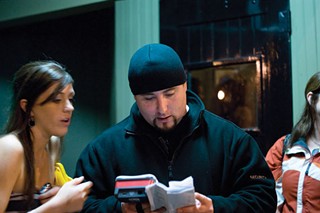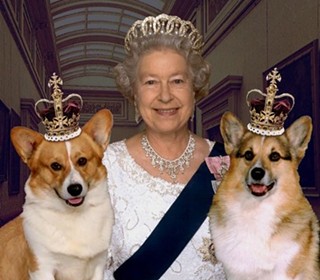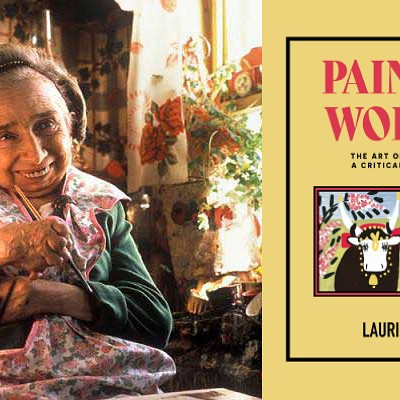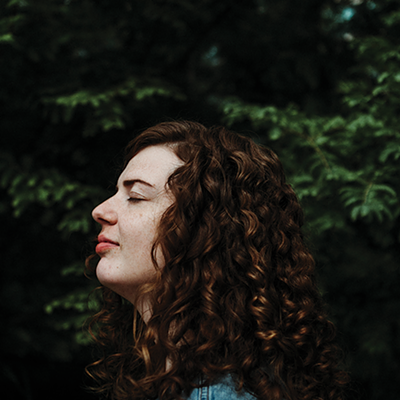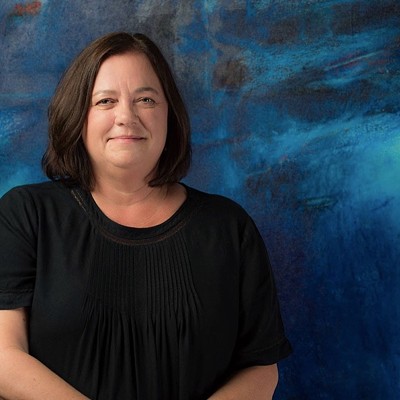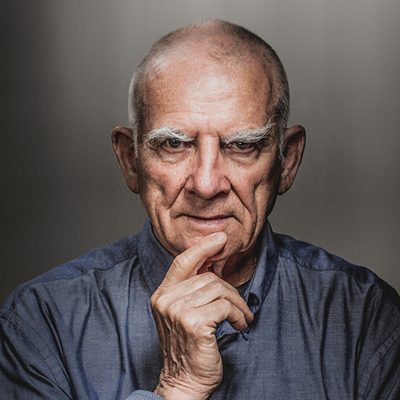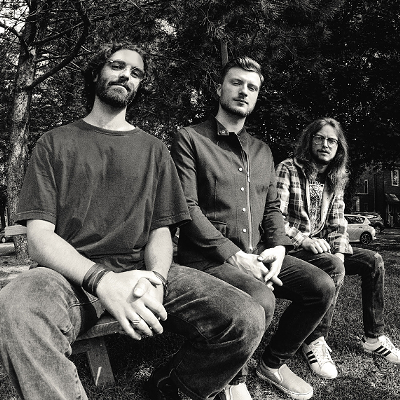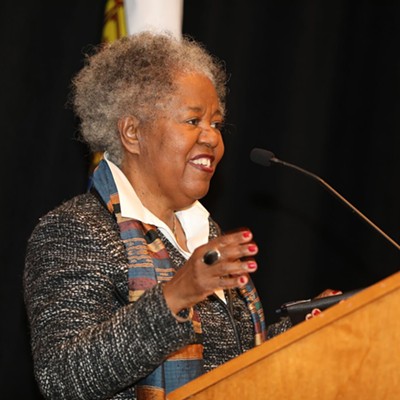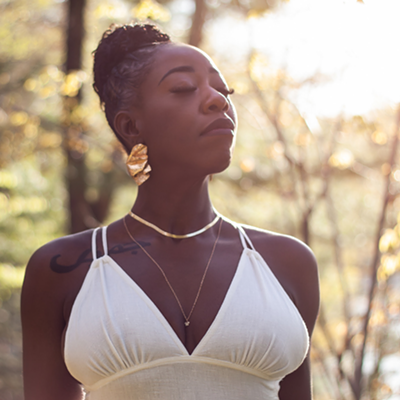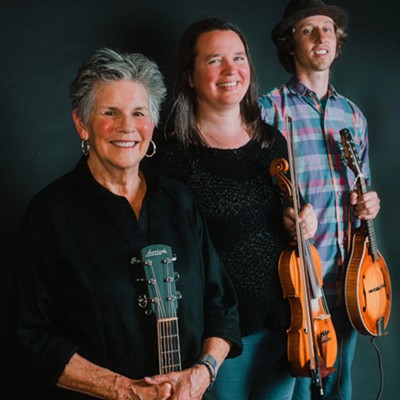One wall of Tyler Munford's small apartment bedroom looks like an evidence board from a Law & Order episode. Photos of street scenes, colourful charts, online article printouts. Although it's been almost two months since the NSCAD student was involved in an altercation with a Halifax Alehouse bouncer after Munford took his photo for a school project, the bigger issues that fueled all the media attention, messageboard speculation and violent threats still remain. Photographers' rights and the public's perception of privacy laws are murky at best.
Munford's proposal began with another project on surveillance, where he was hoping to capture late-night drunken fights outside bars. A bouncer pointed out to him where incidents were likely to occur, but said he couldn't take photos. "And so, I listened," says Munford, "but I found out later that was actually misleading. They don't have that power. And so that's what let me to this project---to discover and question the law of photography and how people understand that law."
When Steven Farmer, Munford's digital photography class instructor, read his proposal, he arranged for him to speak to lawyers, who clarified that Munford's project was indeed legal (NSCAD has also released a statement that it "stands behind its students"). Munford points to two photos on the bedroom wall, his earlier attempts, taken a week before the Alehouse incident and before he figured out his lighting system (the controversial schematic that became proof to some people that Munford set up the bouncer, was actually a simple diagram showing where lighting should be placed).
The first photos are grainy: shot using only available light, Munford knew he needed proper lighting and someone to hold it, so he asked around on Facebook for volunteers. Fellow student Stella Ducklow volunteered to hold the lights, and another friend to hold a video camera.
"I accepted a certain amount of risk," admits Munford, who wrote in his proposal "I may take precautions such as hav[ing] another friend further away with camera to document should anything go wrong."
He says, "I found it really strange that it's an accepted rule that you don't take pictures of bouncers. It's just accepted that they will act against the law. But I didn't think that anything, to this extent, would happen. Yes, I had my video camera with me, but I didn't think it would happen."
"If I walk up and grab a photo of you, manipulate it and put it on the internet, that's illegal," explains Farmer over the phone. "But if I walked up in a public space and took a photo of you and you didn't want me to but I did anyway, that's not illegal, but it might push your buttons and make you mad. Does that give you the right to assault someone to take that camera?"
From a teacher's perspective Farmer doesn't think that Munford was "completely successful. One, he spent a lot of time handling media, or the media handling him. But you have to take this and stand back and look at it from another perspective: 'Hey, this isn't just about someone who overreacted to a simple situation, it's how we're being perceived in society with what we want to do for a living, or for artwork or whatever. Let's examine this.'"
And that's exactly what Munford is doing, and why he has all the paper on his wall and in piles on the floor. He agrees with Fisher that the initial project wasn't a success---"considering I only had 12 minutes of shooting with a system that created well-lit photos," but it's fuelled his interest in larger issues about photography and media.
Munford and Farmer are not alone in their concerns over photographer rights: Last Saturday there was a mass photographer gathering in London's Trafalgar Square, protesting the arrest of several photographers under the UK's heavyhanded terrorist laws. It's a complicated, global situation that Munford unexpectedly, and violently, stumbled into.
"What do we do?" asks Farmer. "Do we change the laws or do we change public perception to photography?"

